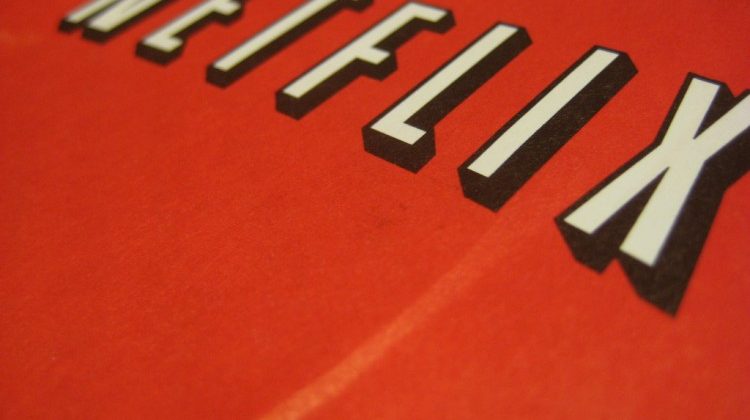There’s no denying that Netflix is doing pretty well (4 million global subscribers). But now, they want to do the unthinkable.
Raise their prices.
In the USA, Netflix costs $7.99 per month. It’s been that price since 2011. But executives thinks that three years is enough.
“It’s not clear that one price fits all” CEO Reed Hastings said, considering an experiment Netflix ran in Ireland to raise prices for new customers by one euro to €7.99 ($10.94) per month. Netflix told analysts that it’s thinking about offering “good, better, best price tiering” in America, as well. CFO David Wells moved on to explain the psychology behind these changes.
In pricing theory, we don’t understand prices, we don’t buy things based on logic, or consider price margins. We buy things based on heuristics or ‘mental shortcuts’ that allow people to make judgements quickly.
In the words of Web Psychologist Nathalie Nahai;
Netflix has become the newest kid on the block to apply behavioural sciences to surreptitiously increase their prices. But they’re certainly not the first – brands have been finding ways to hack our heuristics and boost their bottom line for years.
What’s new isn’t so much that this practice is becoming more mainstream, but that we’re hearing about it and learning how better to recognise and equip ourselves with the knowledge of how these principles work.
While research shows that persuasion techniques can be effective even when we know it’s happening, nonetheless if we can become more aware of the ways in which our choices are being designed, the hope is that we can claim back some of our ability to make reasoned, deliberate decisions based on the outcomes that we want as individuals.
One cheeky tactic offers cheap, inferior or just a fraction of the product to get us hooked with the idea that eventually we’ll spend the big bucks on upgrading. For example, Time Warner Cable, came up with the ‘Essentials’ package offering people cable TV at discount, but without the most popular channels, expecting (and often discovering) that customers would buy the full package when they realised how much they loved watching TV. Netflix offer Americans a $6.99 plan that allows streaming to just one screen.
The real trick, it would appear, is not just offer two prices, but three: the “good,” “better,” and “best” tiering. Why? Well because it creates a Goldilocks effect.
In the early 1980s, Joel Huber and Christopher Puto used their Duke University students as guinea pigs for testing the Goldilocks theory using four varieties of beer (who better to test beer than students).
1. In the first experiment, they offered a bargain beer ($1.80) or a slightly better premium beer ($2.60). Two-thirds of their students went for the premium.
2. In the second experiment, they added a super-discount beer for $1.60. Nobody chose this option. But the bargain beer, now the middle of three choices, saw its share rise from 33 percent to 47 percent.
3. Finally, the researchers took away the super-bargain and added a super-premium option at $3.40 meaning it was the premium beer that was the middle of three options and its popularity rose from 66 percent to 90 percent.
So the moral is that we’re likely to pretty much pay anything as long as it’s the middle of three options. We don’t like feeling like we’re being conned and overpaying but we also don’t like feeling cheap so we go, literally, for the happy medium because it seems ‘fairer’.
Based on an article by Derek Thompson.
Photo (cc) Jenny Cestnik on Flickr.

